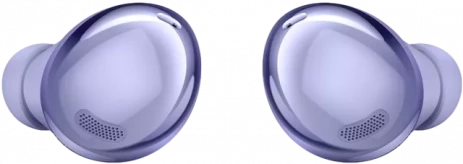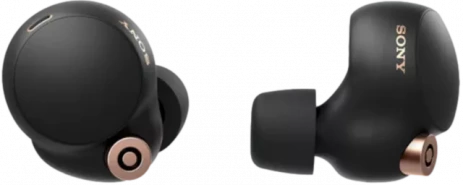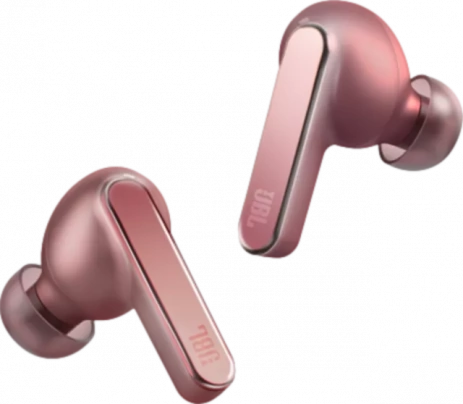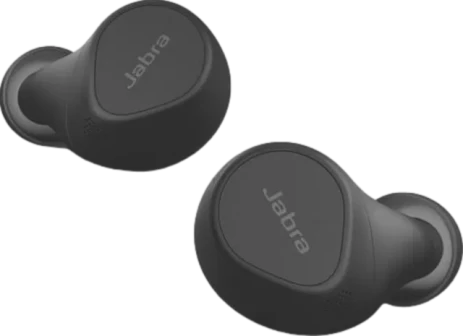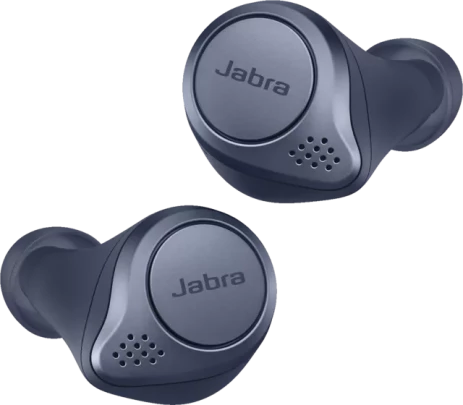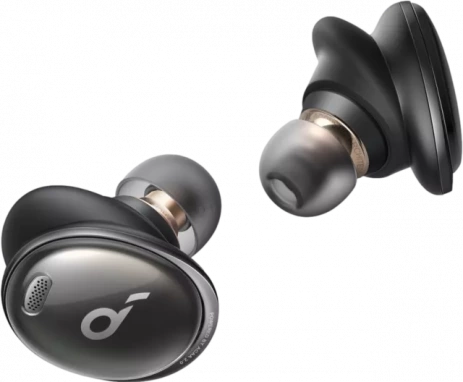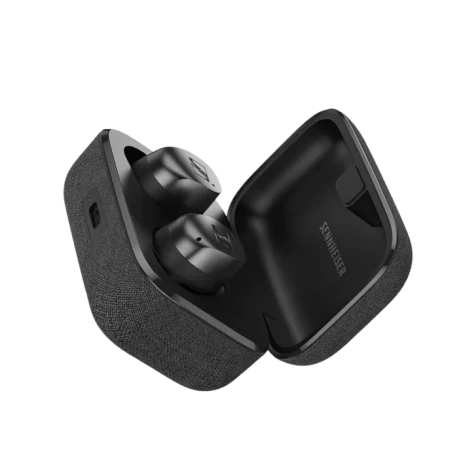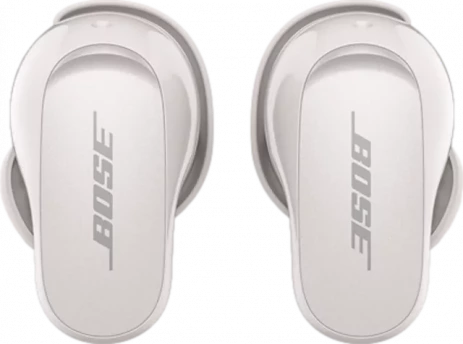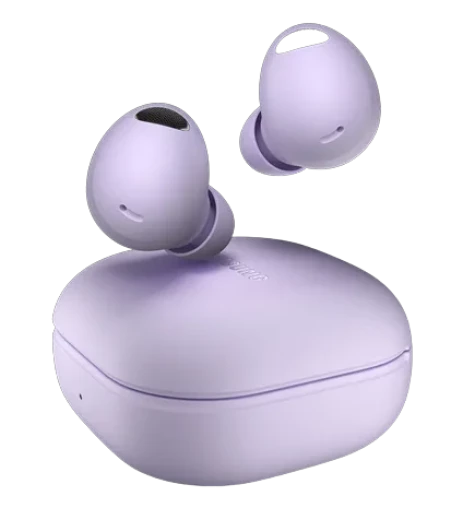The JBL Wave Buds provide a comfortable feel per design when in your ears, having 8mm dynamic drivers giving deep bass sound for audio and a built-in mic for hands-free stereo calls, they offer up to 8 hours of battery life and 24 additional hours in the included charging case.
They are IP54-rated for dust and water resistance, making them suitable for outdoor use, just in case you get caught up in the rain while on a walk or you are heading out for an adventure on a dusty trail.
The headphones also feature Smart Ambient Aware, keeping you aware of the environment you are in, and Voice Aware, enabling you to control your voice output during phone calls.
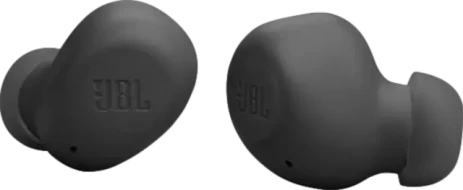
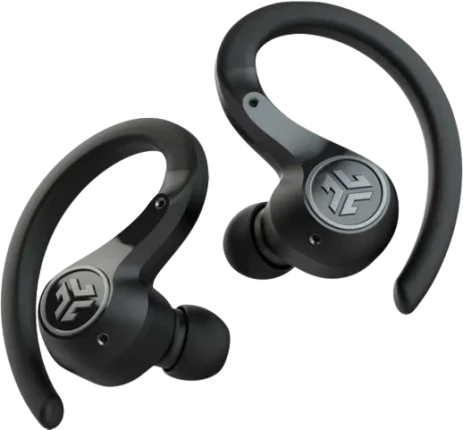 Jlab Audio Epic Air Sport Anc Vs. Jbl Wave Buds Review
Jlab Audio Epic Air Sport Anc Vs. Jbl Wave Buds Review
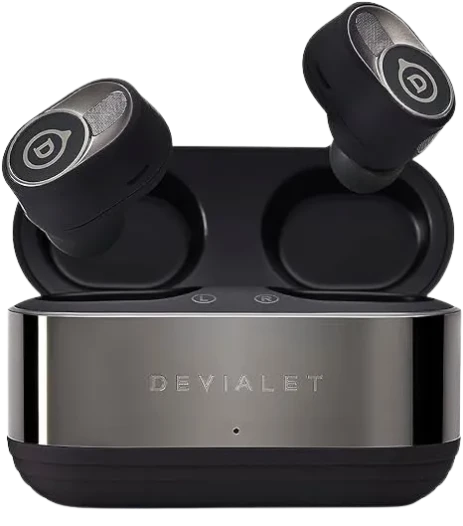 Devialet Gemini 2 Vs. Jbl Wave Buds Review
Devialet Gemini 2 Vs. Jbl Wave Buds Review
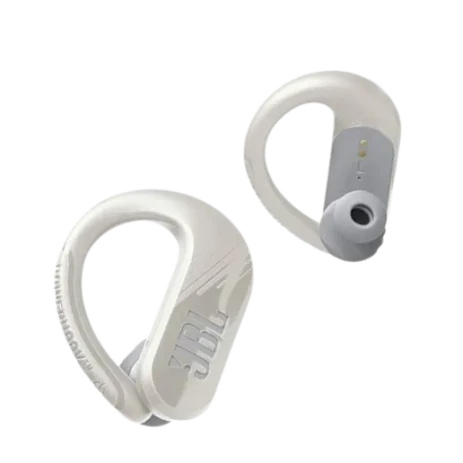 Jbl Endurance Peak 3 Vs. Jbl Wave Buds Review
Jbl Endurance Peak 3 Vs. Jbl Wave Buds Review
